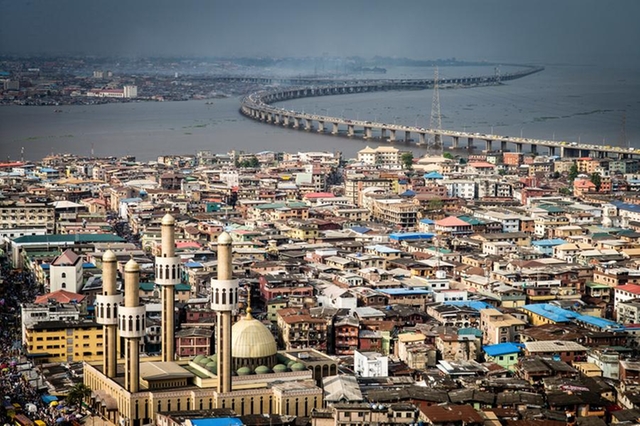
Staff Writer, ZAWYA

Nigeria is heading for “stagflation” as inflationary pressure, forex challenges and weak revenue generation have severely strained the economy, according to the Lagos Chamber of Commerce and Industry (LCCI).
In a statement titled, the chamber’s Director-General Chinyere Almona said that stagflation chances were high despite the economy recording an impressive recovery from the recession induced by the COVID-19 pandemic in 2020. Stagflation will impact production costs, job losses, worsen forex crisis, and dampen growth in the medium term.
The 3.54% gross domestic product growth recorded in the second quarter of 2022 was lower than the 5.01% growth posted in the corresponding quarter of 2021, she said, urging the government to sustain its targeted interventions in critical sectors of the economy.
According to LCCI, the oil sector had consistently recorded negative growth for the ninth consecutive quarter, calling on the government to tackle the menace of oil theft and pipeline vandalism with a sterner approach.
Moreover, the association lamented the low growth in agriculture (1.2%) and manufacturing (3%) compared with other sectors that grew above 5%. “This is indicative of the threats facing these sectors that power Nigeria’s real sector.
The woes in these two sectors are responsible for the frightening rise in our inflation rate. “With the excruciating burden from debt service, subsidy payments, and worsening insecurity, many more production activities may be constrained in the coming months,” LCCI stated.